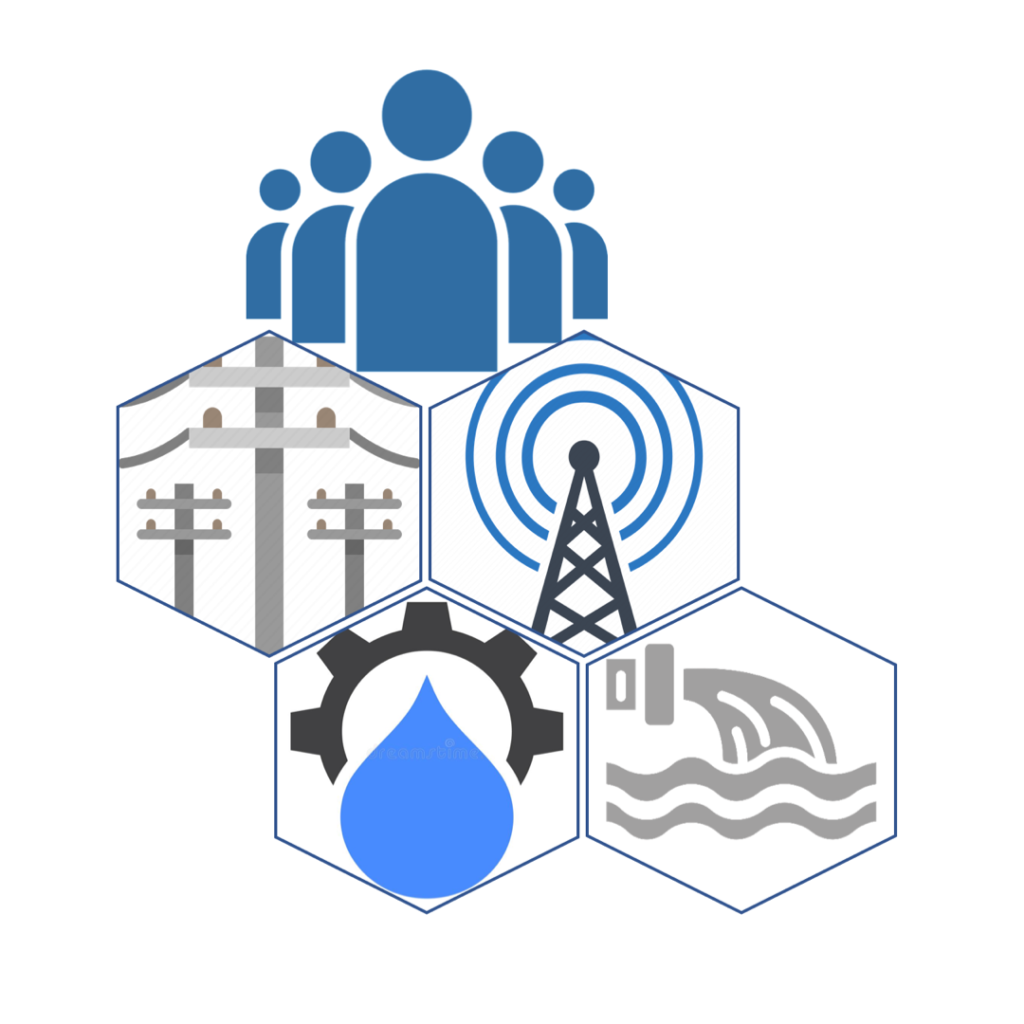Himanshu Grover (Ph.D. | AICP | ITPI)
Assistant Professor, Department of Urban Design and Planning
Co-Director, Institute for Hazard Mitigation and Planning
Himanshu Grover is an expert in various aspects of urban and regional planning including land use management, environmental planning, climate change, community resilience, and disaster risk reduction, with national and international recognition in the field. He has a strong background in urban analytics (quantitative and qualitative research, research design, big data, geospatial, data pipelines, and modeling) and visualization. He is an established social science researcher, particularly skilled in generating practical insights from survey research and spatial analytical tools. He has published several research articles and is among the top cited faculty in urban and regional planning in the US (3251 citations, 100% citation percentile ranking among all Assistant Professors, and 85% citation percentile ranking among all faculty– source: 2022 metrics at http://scholarmetrics.com/). Till date Prof. Himanshu Grover has received 16 research grants, including multiple grants from NSF and other state agencies.
Prof. Grover has developed a strong reputation as an expert in community resilience and disaster risk reduction training. He regularly conducts professional development and certificate courses on disaster risk reduction and climate change management. As an accredited professional planner (AICP), Himanshu’s emphasis on translational research is a hallmark of his work. He actively engages with practitioners and decision-makers to ensure the integration of research outcomes into policy actions. His approach has led to several interdisciplinary collaborations and partnerships, enabling him to establish a comprehensive research agenda focused on creating safe and sustainable communities.


Correlates of flood hazard adjustment adoption in four coastal communities

Case Studies in Disaster Mitigation and Prevention

Disaster Management Curriculum in India
Selected Research Projects

Research
Assessing the Expectations Gap: Impact on Critical Infrastructure Service Providers and Consumers Preparedness, and Response.
The practical goal of this proposal is to enhance consumers’ preparedness and lifeline providers’ recovery capacity. We focus on energy, water, wastewater, and communication, whose restoration is critical for limiting cascading damages, and for rapid recovery of community functions.

Research
Helping Rural Counties to Enhance Flooding and Coastal Disaster Resilience and Adaptation.
This project’s vision is to develop methods that use remote sensing data resources and citizen engagement (crowdsourcing) to address current data gaps for improved flood hazard modeling and visualization that is scalable and transferable to rural communities.
Media Coverage

Media Coverage
University of Washington is a core member of newly announced New York Climate Exchange

Media Coverage
Virtual Book Launch and Panel Discussion ‘Disaster Preparedness and Management'
Teaching

Comprehensive Planning and Implementation (5 Cr. MUP Core Course)
This course focuses on understanding the comprehensive planning process and learning how to create a comprehensive plan. Students will review and critique a wide range of land use planning and comprehensive plan implementation tools. This course is designed to help students learn planning skills that are critical for their success as a practitioner.

Quantitative Methods in Planning (5 Cr. MUP Core Course)
This course focuses on basic statistical techniques required for analyzing data and information necessary for undertaking planning decisions. It provides students with a foundation to quickly grasp and tackle new or alternative approaches they may encounter in their professional life and, most importantly, gain an understanding that will make them a critical and discerning consumer of quantitative analysis and planning data.

Introduction to Urban Planning (4 Cr. UG Course – Required for Planning Major)
This course is intended to help students understand what urban planning activity is, who does it and to offer insight into why and how it is done in the United States. The primary objective of the planning profession is to improve the welfare of people and their communities by creating more convenient, equitable, healthful, efficient, and attractive places for present and future generations.


